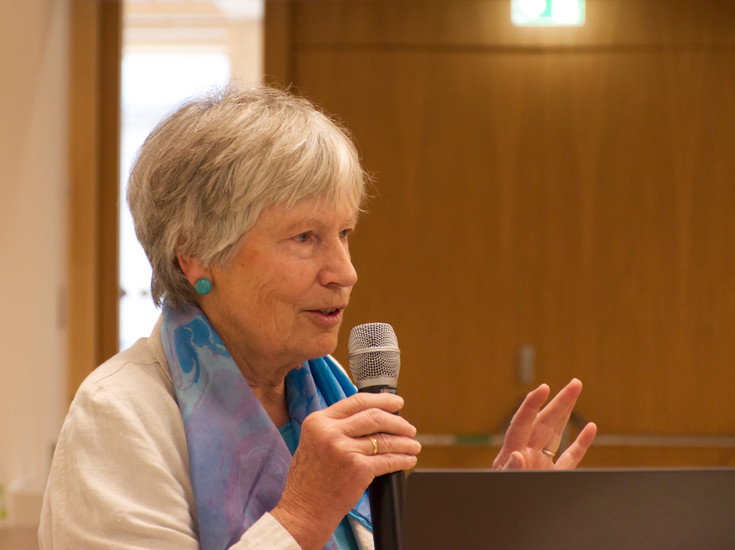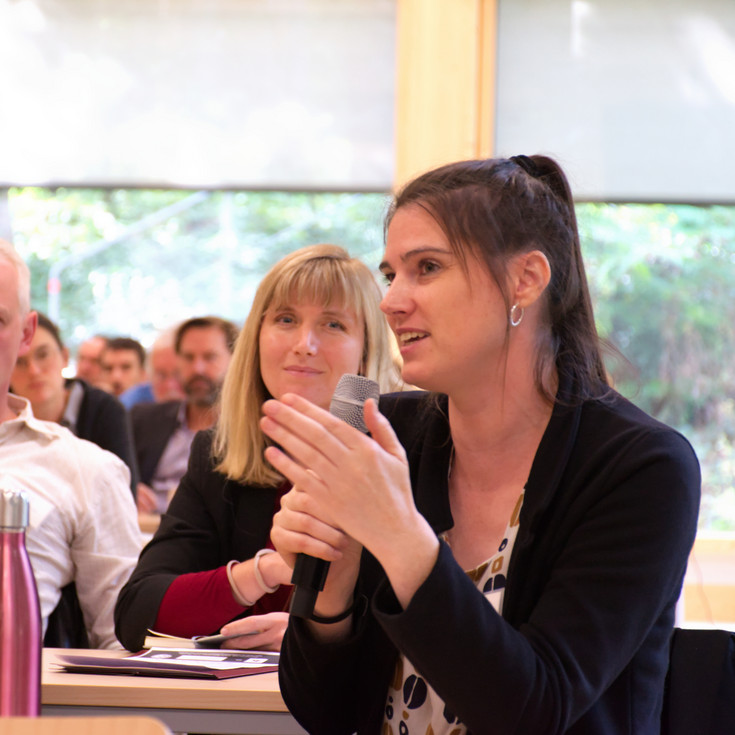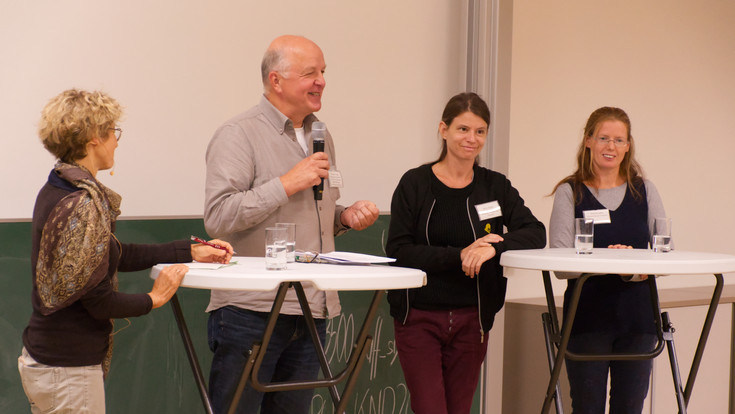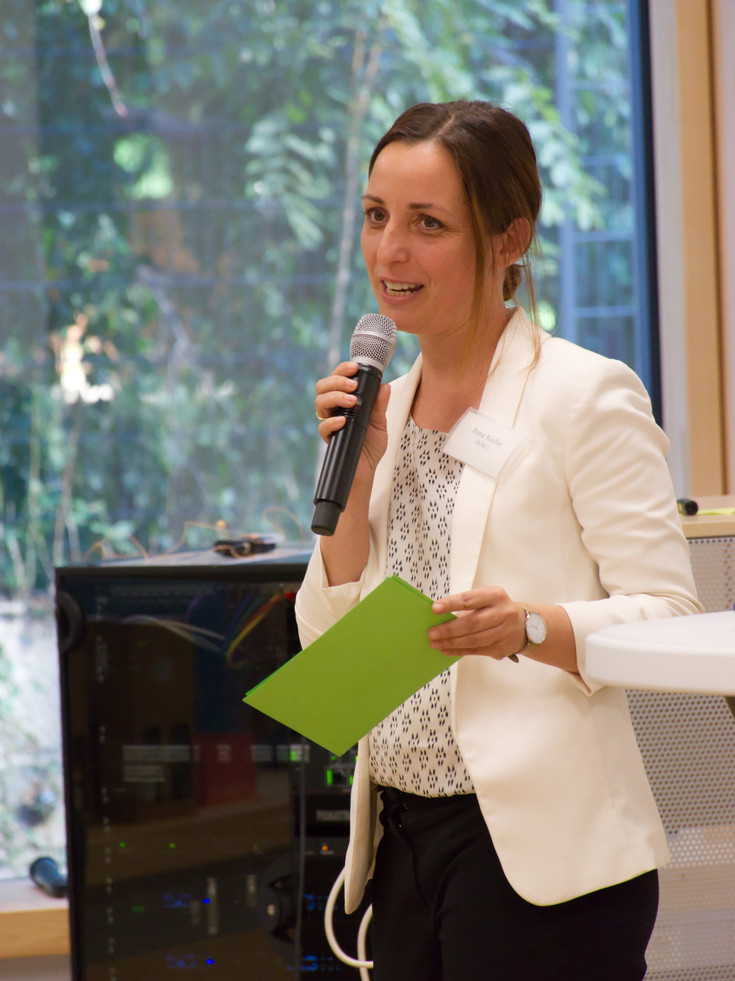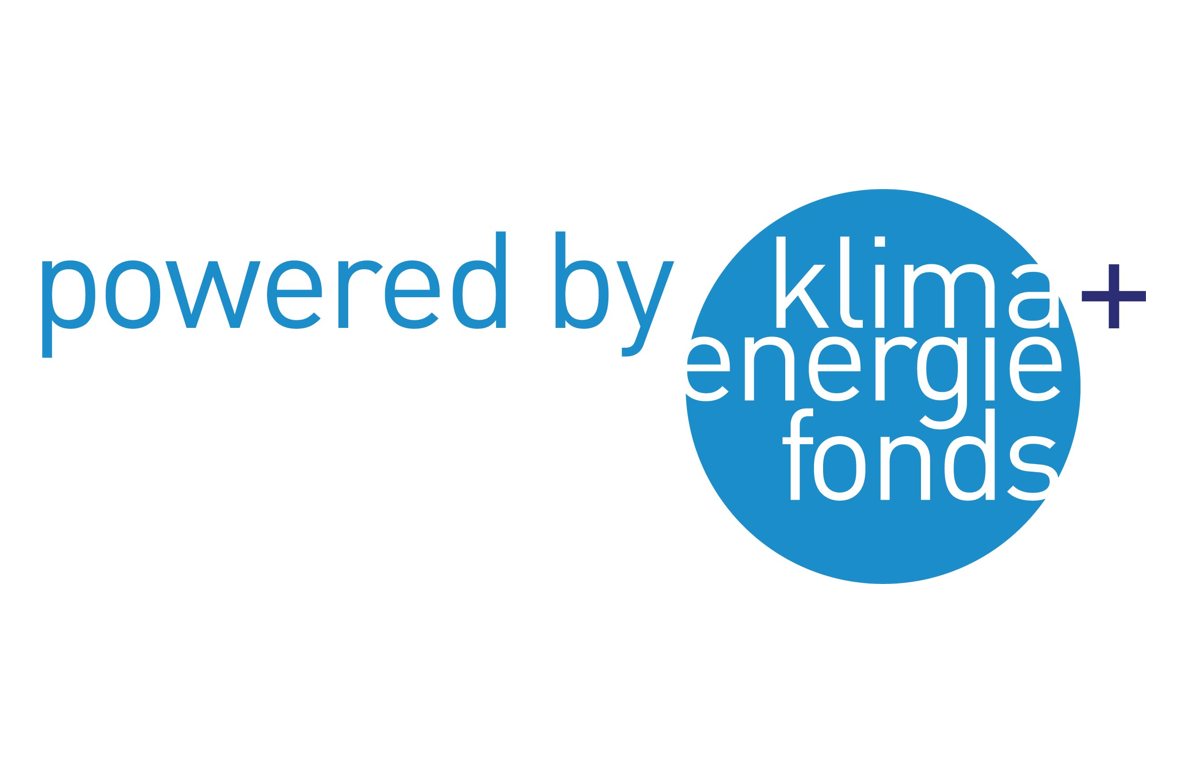Towards moderation: Individuals, companies AND policymakers are required
Organized by the Institute for Marketing and Innovation, BOKU the symposium entitled "Do we have enough? Sufficiency and moderation of consumption as a path to a more sustainable future" took place at the University of Natural Resources and Life Sciences, Vienna. The event was attended by about 100 participants from a four nations, including scientists, NGOs, advocacy groups, as well as all those who are rethinking their consumption. Numerous questions were discussed, such as: Do we need all the things we own or consume? What is enough? What is too much?. Concerning the necessary savings as a result of the energy crisis, the question of the right consumption behavior is immediately in the spotlight. The research agrees upon one point: if we want to achieve sustainable development in the long term, moderation in consumption is a prerequisite.
"Sufficiency means finding a level of consumption that on the one hand ensures a minimum for each in society, and on the other hand does not exceed a maximum that is compatible for the environment" explains Petra Riefler, head of the Institute for Marketing and Innovation at BOKU and organizer of the symposium. "The current system extracts, produces, consumes and wastes more than ever before. Much faster than the earth's resources and nature can regenerate," emphasizes Anna Leitner of Global 2000. Thus, technological innovation and increased efficiency alone are not enough to protect the environment and climate.
But can and do we want to consume less? The idea raises far-reaching questions. For example, what is the responsibility of the individual, and what is the responsibility of companies and politicians? A large number of studies deal with so-called bottom-up approaches, meaning an individual decision to moderate private consumption - for example by buying few new things or foregoing long-distance travel. "People who voluntarily limit their consumption often do not do so primarily for environmental and climate protection. They do it for their own good and report perceiving to have a better life, fewer financial burdens, more time and less stress - incidentally, people reported similar experiences as positive aspects of lockdowns," Riefler explains. At the same time, people fear that moderation will limit their autonomy and flexibility, and reduce enjoyment. Social perception also plays a key role. "We must not forget that our clothing, our vehicle, our lifestyle sends social signals about who we are, which social groups we belong to or don't belong to" says Riefler. Thus, the social and symbolic significance of consumption should not be underestimated.
At present, people who voluntarily reduce their consumption still represent a niche phenomenon. That's why policymakers first must create framework conditions that enable or facilitate behavioral changes - for example in the areas of mobility, housing or nutrition. It should also be born in mind that households with higher incomes consume more - whether by having a pool in the garden, a second car or more frequent (air) travel - and consequently consume more CO2. Therefore, social justice must be considered in all sufficiency strategies, emphasizes Nina Tröger of the Vienna Chamber of Labor.
Companies that are already striving for enhancing sustainability often find themselves caught between the need for economic growth and the promotion of sufficiency. It is therefore necessary to understand growth differently and to strive for moderate growth, explains Maike Gossen from the Technical University of Berlin - for example, by extending the service life of products.
Will we succeed in remembering the old virtues of moderation after the current energy crisis and begin to do good for ourselves and the environment through more moderate consumption? The consensus at the symposium "Rethinking Consumption" was that individuals, companies and politicians can and should make their contribution!
Contact:
Petra Riefler, Univ.Prof. Dr.
Universität für Bodenkultur
Institut für Marketing und Innovation
E-Mail: petra.riefler(at)boku.ac.at
Tel.: +43 1 47654 73511

